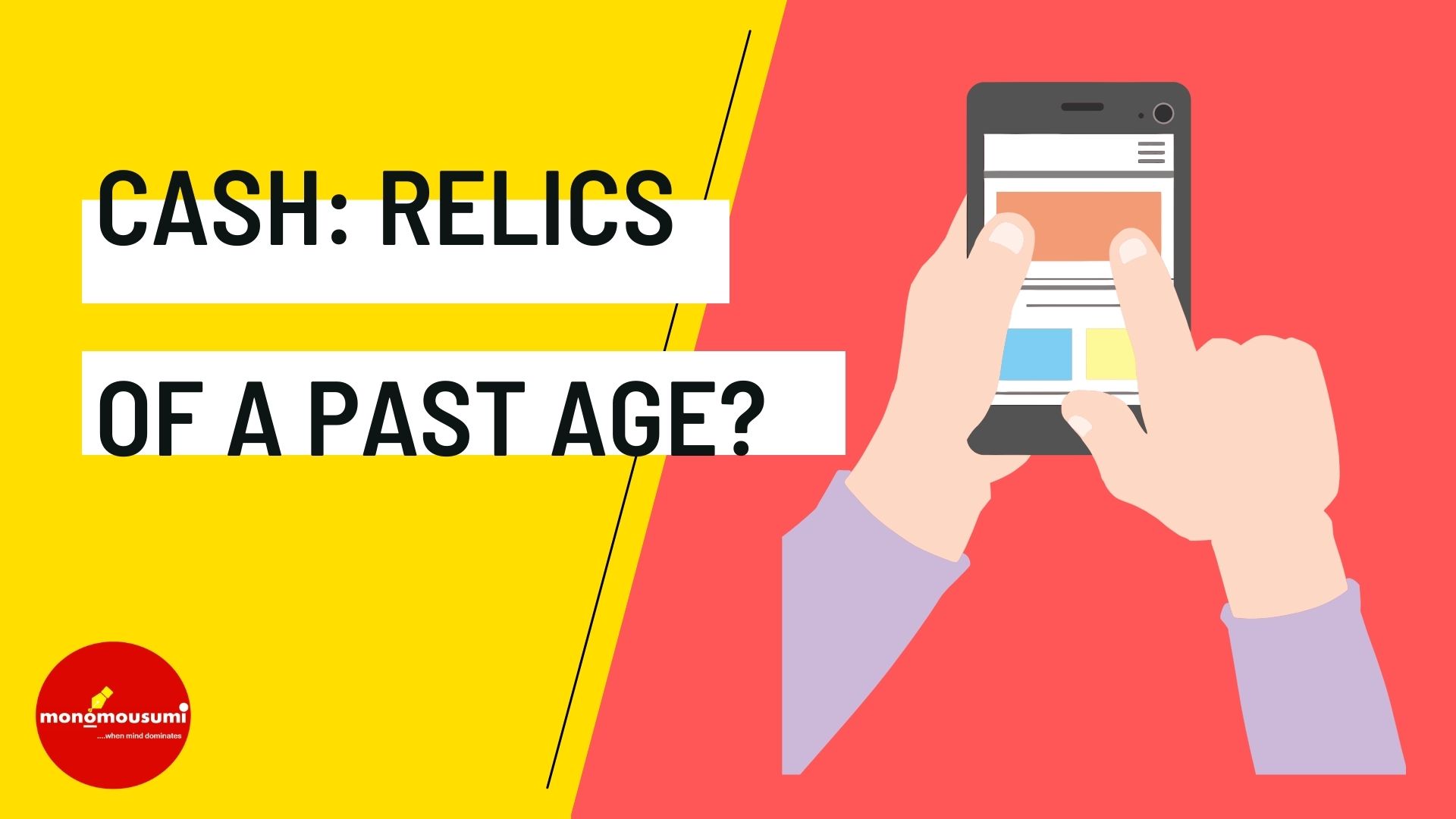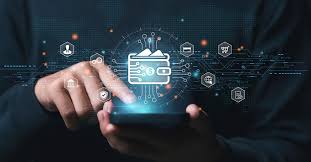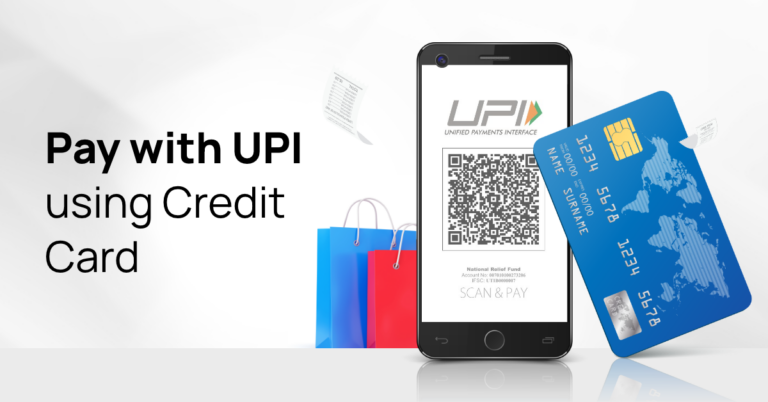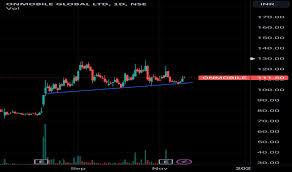
– Go Corona, Go cashless
What do you generally carry with youthese days when going out?
Face mask, smartphone, keys and some cash…Oh, wait it’sCovid time. Scratch cash, it’s Card. Contactless!Bye cash!
Gen X and Millennials prefer cash because it gives them a better idea to keep track of their spending. But COVID-19 has changed that. Now they pay with plastic. Why do people want to abolish cash? What’s this rush to go cashless? And at what cost? Let’s accept the fact that money is hefty for consumers and banks. You need to mint the cash, print the bills, then transport them in armoured trucks and store them in very secure vaults.
High Maintenance! Gosh..
Fact: Cash management costs countries about 0.5% of their GDP every year.
But costs are not the only inspiration for a future without cash.Primarily demand from the young generations is on rising especially during Covid. With things going touchless, individuals are looking for fast, easy-to-use means of payments. Digital payments are Neat, easy and quick. Convenient for governments to monitor as well.
Some banks have turned their backs on cash completely. They don’t have any bricks-and-mortar branches or ATMs. Cashless payments are on the rise. But experts warn: we’re paying with our data.Google, Amazon, Mastercard, Facebook, Twitter interfaces are few examples of surveillance capitalism.
Cash is competing with electronic payment systems since pre corona. But could it get knocked out of the ring now? Financial experts say it would be risky to abolish cash completely. What happens if somebody say a Political person switches off the system? We have no defense!
The coronavirus pandemic has boosted cashless payments. But the million dollar question we should be pondering upon is- Who’s profiting here? And what price are we paying?
A life without cash and coins. What might that be like?
Cash could become outdated in the near future and your phone could replace your wallet entirely. Mobile payments, now widespread preferred across the globe, are rapidly gaining momentum.
Coronavirus has bought about a drastic change in consumer payment mode.
The number of Cashless sellers in the USA has jumped from 8% to 20 % during pandemic.
What companies prefer during pandemic?
- Nordstorm and Lululemon have decided to go completely cashless when they reopen.
- Starbucks has decided to opt for a more cashless mode.
- In China’s biggest cities, 92% of people use WeChat Pay or Alipay, where restaurants, supermarkets, hawkers, and even taxis welcome mobile payments.
This illustrates a transition towards a cashless world dominated by digital finance and automated banking, where physical transactions are ‘Ok Boomer’ concept now.
Although public health and medical experts say it’s safe to use cash if people wash hands, many people are afraid that cash could carry the coronavirus — and see it as a risk. What do you think? Is there any research on this? Federal research suggests that cash and coins don’t play any role in the spread of infections.
Supporters for a cashless system
The surveillance capability introduced bydebit cards diminishes the anonymity of cash payments.
- This makes it easier for the government to collect taxes and eliminate black marketsthat heavily rely on cash precisely for its untraceability.But the success of such surveillance is onlyviable when anonymous options are no longer available.We will soon approach that reality as we are being transformed into a cashless society.
The goal is to squeeze the juice out of the black market and starve out their businesses. Limiting cashpayments and banning high-valuebank notes is becoming a global trend.
- Australia struggles with a huge black market for smuggling cigarettes and there is an epidemic of stealing products from tobacco warehouses. The result is massive tax avoidance and organized crime which the Australian government decided to deal with by cracking down on cash. It is now illegal to “make or accept a payment or series of connected payments in cash in excess of” $10,000 AU.
In some countries, the war on cash gets much worse.
- India’s Prime Minister Modi banned the use of 500 and 1,000 rupee notes overnight,giving Indians a 50-day grace period to return their notes.This was a catastrophic blow to the Indianeconomy and poor working people that relied on cash to receive wages and pay rents.The country’s economic growth slowed down by 17% and Indian cities suffered from a massiveexodus of up to 60% of migrant workers who fled the cities because there was not enoughcash in circulation to replace the two highest denominations. Modi’s planwas rock-solid because he framed it as a strike against thecorrupt elites in India.
But there are countries closer to being a cashless society than many others in the world.
- In Denmark, Finland, Norway and specifically Sweden, in particular, cash has practically become a thing of the past.
- In Sweden, no high street bank in big cities handles cash anymore with 85% of the population banking online. Even paying for a coffee or a bus transfer requires mobile or card payment. Cash is so uncommon in Sweden, that even homeless people carry credit card readers that aresupplied to them by charity organizations. Donating to a church or splitting a restaurant check among friends that used to be a domain of cash is now a matter of using inter-person payment apps.
Going cashless is certainly going to have many perks.
- Payments will be fast and convenient.
- Theft will be basically non-existent.Theft of cash alone costs businesses $40 billion a year, which is more than credit card fraud, refund fraud, Internet fraud and bad checks combined.
- Tax collection will be easier, fairer and well monitored.
- In the US, people without a bank account spend5 to 9 minutes longer to get cash than average Americans.
Opponents for a cashless system
What about people without Plastic cards or digital modes for payment? Excluded, ignored?!
It seems that living in a cashless society would be convenient for many, but a bane for others. Homeless people, charity workers, small retailers, cab drivers or casual workers getting paid in cash would suffer the most in a world with no physical currency.
- As pera recent study conducted in the UK, focusing on money laundering and terroristfinancing revealed that regulated banks and accounting firms were the two biggest facilitatorsof illegal transfers and funding.Although cash ranked the third, banks were almost twice as likely to be involved in money laundering than cash.If illegal transactions are the reasoning for banning cash, then it only makes sense to ban banks and accounting firms first.
- Data is one of the most sought-after commodities in the world and digital payments allow companies to track real identities and build profiles of shopping habits. For regular people, this will mean they will no longer be allowed to buy drugs, visit a pub, or buy a book anonymously.
- Germany is the leader of stubbornly holding on to cash. 80 percent of point-of-sale purchases are made in cash and over EUR 100 is kept in their pocket by an ordinary German. Many Germans see capital as a source of liberation from the clutches of the government and want to maintain secrecy and anonymity that they refuse to give up.
- During the Greece debt-crisis in 2015, banks imposed a nationwide limit on cash withdrawals to 60 euros a day, essentially preventing people from accessing their savings in the name of protecting the national economy.
- The payment networks can fall prey tocyber-attacks, which is the key threat to cashless transactions.
- Cashless society will grant banks and card companies unaccountable and unchecked control over people’s finances. There will be no choice but to accept their service on their terms. The effects will spill over into social and political realms, as payment providers already ban their customers for speech or political positions. The existence of cash made it difficult for central banks to enforce monetary policies.
Final word for the Cashless economy
Love or hate- one cannot debate that gradually; we are being nudged into a cashless society. Banks are making it more inconvenient to use cash by closing down their branchesor limiting cash withdrawals at counters and ATMs.
The resistance to a cashless society is all but vain.
Then: Cash/ Paisa
Now:Cash Nah…Cryptocurrency/ M wallet Yaah!
Although cash represents a form of freedom from a completely digital future, one must never be totally dependent on just one extreme choice. As they say, monopoly leads torestriction from free open everything.
So, what was the best bet here, go cashless or complete digital?
Author: Divya Thakur


